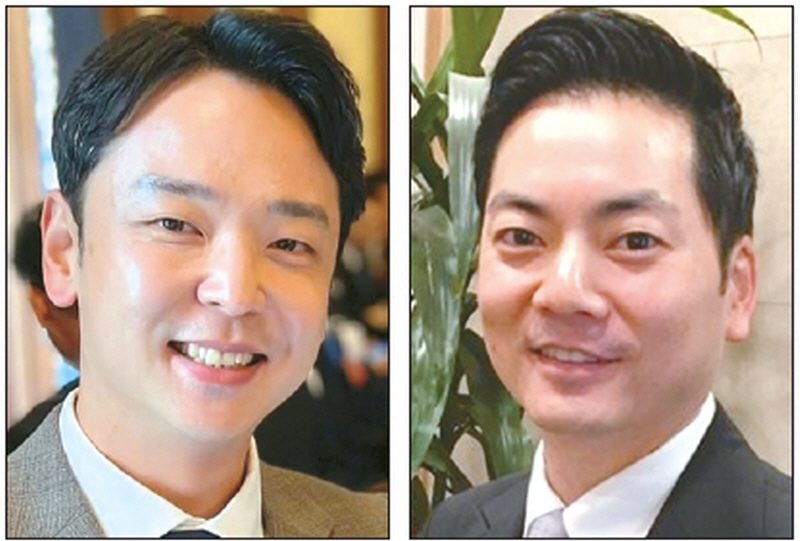With the Korean American Federation of Lops Angeles (KAFLA) presidential election just two months away, prominent candidates are carefully weighing their decisions to run. As the election, which will involve hundreds of thousands of dollars in campaign budgets, approaches, calls for significant reforms to the election system are growing within the community.
According to key figures in the Korean American community, Steve Kang, Senior Vice President of the KAFLA, and former LA Commissioner Robert Ahn are being considered as leading candidates for the presidency.

Steve Kang, currently serving as the Director of External Affairs at Koreatown Youth and Community Center (KYCC), has held various influential roles, including Executive Director of the Korean American Coalition, Chairman of the Korean American Democratic Association, and Commissioner of LA’s Central Area Planning Commission.
Kang was appointed as a board member of the KAFLA in 2016, later becoming Vice President in 2021, and Senior Vice President in 2023. Kang stated on September 16, “While I have received many recommendations to run, I am carefully considering my decision.”
Robert Ahn, former LA Commissioner and another potential candidate commented, “I am thinking about it but remain cautious.” Ahn is a business and real estate attorney who has been actively involved in various Korean American organizations, such as the youth volunteer group PAVA World and the Koreatown Art and Recreation Center. In 2017, he ran for the U.S. House of Representatives for California’s 34th district but was narrowly defeated.
The KAFLA typically holds its presidential elections in early December, with the election committee formed 45 days prior, as stipulated by the organization’s bylaws. Candidate registration is expected to begin approximately two weeks before the election, likely in mid-November.
Should both Kang and Ahn decide to run, this would mark the first contested election in 18 years, with the last one held in 2006, featuring candidates Namkwon Kim, Moonki Nam, Scarlett Um, and Kihyun Kim.
As election preparations commence, discussions on reforming the election system are reportedly underway within the KAFLA. Critics argue that the high costs, coupled with the two-year term limit, disrupt the continuity of the organization’s work, underscoring the need for reform.
The current system, modeled after South Korea’s parliamentary elections in the 1970s due to a lack of other references, has remained largely unchanged for nearly 50 years, prompting calls for modernization.
Jeff Lee, Executive Secretary of the KAFLA, noted, “The election process costs around $180,000, including expenses for polling stations, media advertising, and staffing. Some have suggested eliminating the election and reallocating the funds to more urgent needs.”
James An, President of KAFLA who was re-elected in 2022, will conclude his term at the end of this year. While recognizing the unique role of the KAFLA, An expressed concerns about the potential disadvantages future presidents might face due to the term limit.
“A few months ago, we requested funding for a next-generation program from a foundation, but the request was denied due to the term limit for the president. The foundation wasn’t assured that the funds would be properly managed under a new president,” Ahn explained.
He also pointed out that among U.S.-registered nonprofit organizations, Korean American groups are the only ones that hold public elections.
There is growing support for a shift from a president to a CEO-led structure for the KAFLA. Recent reports indicate that board members have met to discuss potential reforms to the election system.
An emphasized, “The role and nature of the KAFLA’s work have changed significantly since the pandemic. The criteria for selecting the president must also evolve from being a volunteer or honorary position to one that requires full-time commitment.”
He added, “We are considering changes to the election system that would preserve the traditions and prestige of the KAFLA while promoting meaningful development.”
BY SUAH JANG, YOUNGNAM KIM [jang.suah@koreadaily.com]




